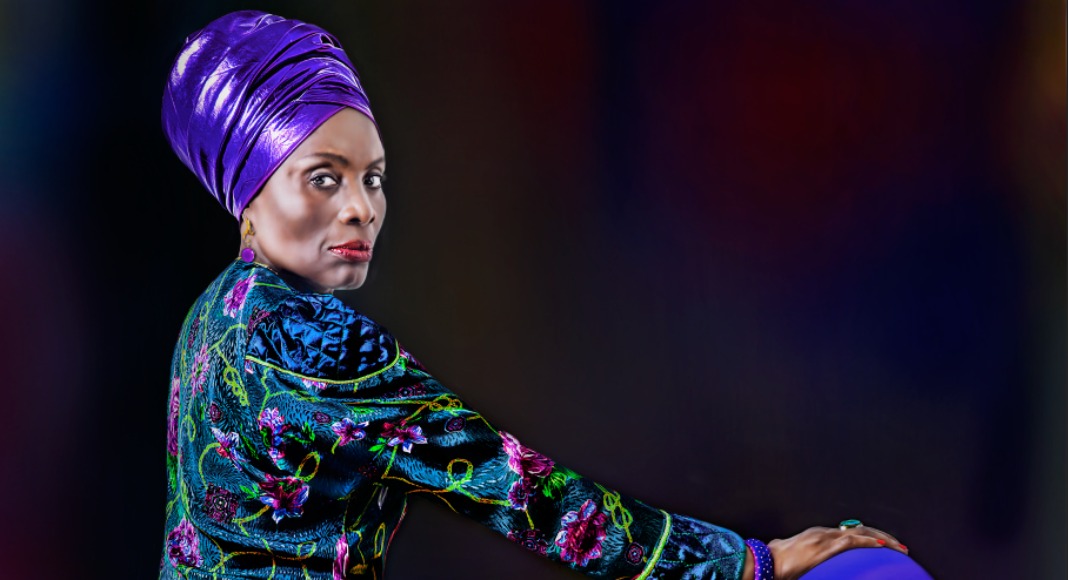An African Woman’s Desire To Look Western Is A Sign Of Low Self Esteem

Taiwo Ajai-Lycett
Veteran Nollywood actress, Taiwo Ajai-Lycett has come out to say that African women who wear wigs to augment their beauty have low self-esteem.
She recently had her say during an interview with Vanguard at a function in Lagos, and fans have been reacting.
According to her, God has blessed African women with the best kind of hair of all races, and she can only wonder why African women would rather go for other kinds of human hair instead of rocking their own natural hair.
Taiwo added that the African woman is beautiful in all ramifications, and all she needs is confidence in herself.
Her words, “We have been blessed with the best kind of hair that we can transform into any kind of looks we desire. We have to love ourselves as Africans and appreciate our God-given beauty. Our Africanness is what stands us out among all the races of the world.
The African woman is beautiful in all ramifications. I believe women who go for wigs and human hair have low self-esteem. Their desire to look western and foreign is a sign of low self-esteem.
If you want your life to be in order and successful, be kind to the women in your life. It is when the women in your life are happy that you can truly be happy. By women, I mean your mother, your wife, your sister or as the case may be.”
WOW.
Nollywood is a sobriquet that originally referred to the Nigerian film industry. The origin of the term dates back to the early 2000s, traced to an article in The New York Times. Due to the history of evolving meanings and contexts, there is no clear or agreed-upon definition for the term, which has made it a subject to several controversies.
The origin of the term “Nollywood” remains unclear; Jonathan Haynes traced the earliest usage of the word to a 2002 article by Matt Steinglass in the New York Times, where it was used to describe Nigerian cinema.
Charles Igwe noted that Norimitsu Onishi also used the name in a September 2002 article he wrote for the New York Times. The term continues to be used in the media to refer to the Nigerian film industry, with its definition later assumed to be a portmanteau of the words “Nigeria” and “Hollywood”, the American major film hub.
Film-making in Nigeria is divided largely along regional, and marginally ethnic and religious lines. Thus, there are distinct film industries – each seeking to portray the concern of the particular section and ethnicity it represents. However, there is the English-language film industry which is a melting pot for filmmaking and filmmakers from most of the regional industries.



